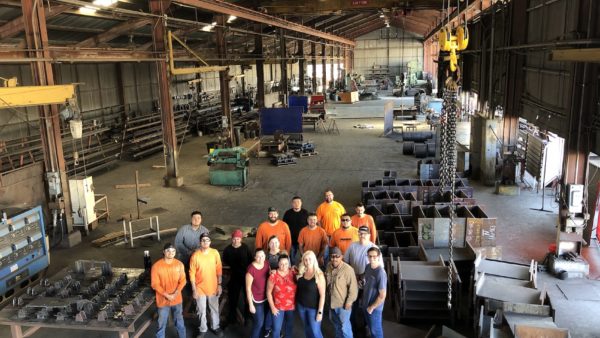21 June 2013
By Mark Richards in Mumbai

Napoleon once famously dismissed Britain as a “nation of shopkeepers”. When Indians describe their country in the same way, it is usually with pride.
Given the excitement surrounding India’s decision to welcome foreign direct investment (FDI) into its retail sector, this is a topic I keep coming back to. But first I’d like to look at how India’s natural resources are starting to play a more important role in the developing economy.
India is rich in natural resources. The state of Madhya Pradesh, fresh from riding a tourism boom from safari fans keen to see its wild lions, is now keenly anticipating diamond revenues.
The state’s Chhatarpur district is set to become India’s diamond bowl, with Rio Tinto’s Bunder diamond mine project due to be operational by 2017.
It’s the first diamond discovery in India for over 40 years, and one of only four new diamond mines globally due to become operational in the next decade.
With a reported production capacity of about 27 million carats, the mine is likely to add significant jobs to this economically challenged region.
The visit by the state’s chief minister Shivraj Singh Chauhan to the diamond city this month comes hot on the heels of the Japanese prime minister’s announcement that India and Japan have ‘the most important bi-lateral relationship in the world’, highlighting the Japanese involvement in an Industrial Corridor linking Delhi and Mumbai.
While the Japanese have been involved in major Indian projects since the turn of the century, Britain is anxious not to be left behind, and British prime minister David Cameron has pledged to throw the UK’s weight behind a planned Mumbai-Bangalore corridor.
Elsewhere there have been some important new gas discoveries. BP is working with Reliance to exploit them.
The discoveries are a victory for India’s government, which introduced rule changes in January that give more flexibility to companies exploring for oil and gas.
The BP-Reliance development follows a series of other recent energy finds that came after the government’s decision, including a major oil discovery by Cairn India.
Global energy players have acted quickly to make the most of the new opportunities. By contrast the retail sector is still progressing slowly.
Big bang or damp squib?
Seven months after India’s finance minister P. Chidambaram announced ‘big bang’ reforms meant to get greater foreign investment into India’s retail sector, the country is only now getting close to its first such deal.
India’s federal cabinet is expected to approve a $1.93bn investment proposal by Sweden’s Ikea to open 25 stores in the country.
Elsewhere in retail M&S is having trouble with its model of multi-brand retailing, which is currently not allowed under existing rules.
So perhaps it’s little wonder that since the controversial FDI retail policy was announced in September 2012 no foreign multi-brand retailer has shown much interest in setting up shop here. There is too much confusion around the numerous conditions.
The Indian government has insisted that industry and investors will be respected, but foreign investors are nervous.
The UK Foreign Office minister Hugo Swire noted that while high-level dialogue on things like industrial corridors is fine, the fate of individual projects lies in the hands of states.
Turner & Townsend is already working for the likes of Cairn, Rio Tinto and M&S so of course we have a vested interest in the development of India’s retail and energy sectors, not to mention the country’s big emerging infrastructure projects. India’s rate of growth may have slowed, but it remains an exciting market, with huge potential.
Mark Richards is managing director for Turner & Townsend in India










